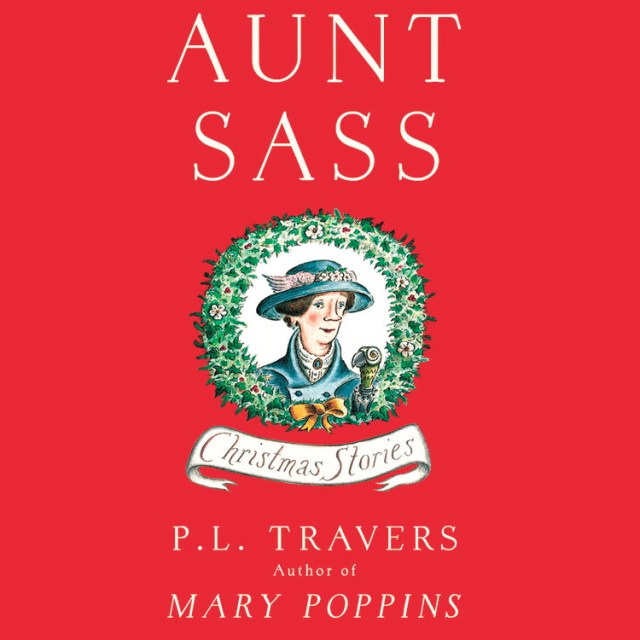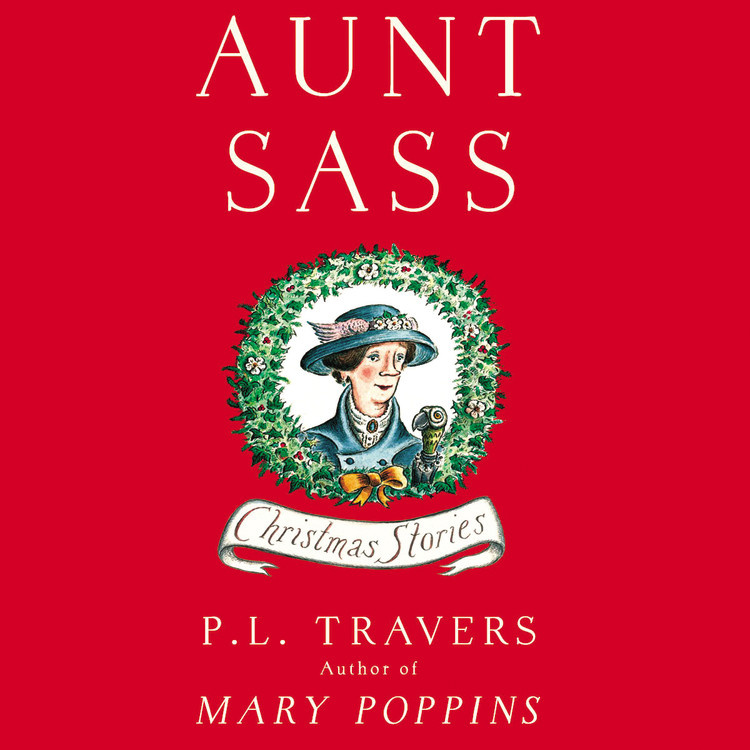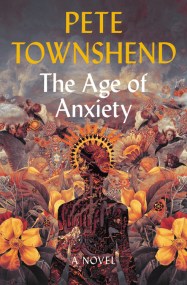By clicking “Accept,” you agree to the use of cookies and similar technologies on your device as set forth in our Cookie Policy and our Privacy Policy. Please note that certain cookies are essential for this website to function properly and do not require user consent to be deployed.
Aunt Sass
Christmas Stories
Contributors
Read by Catherine Clarke
Formats and Prices
- On Sale
- Oct 20, 2015
- Publisher
- Hachette Audio
- ISBN-13
- 9781478906506
Price
$14.99Format
Format:
Audiobook Download (Unabridged) $14.99This item is a preorder. Your payment method will be charged immediately, and the product is expected to ship on or around October 20, 2015. This date is subject to change due to shipping delays beyond our control.
Buy from Other Retailers:
-
"Beautiful and charming."The Independent (UK)
Newsletter Signup
By clicking ‘Sign Up,’ I acknowledge that I have read and agree to Hachette Book Group’s Privacy Policy and Terms of Use






